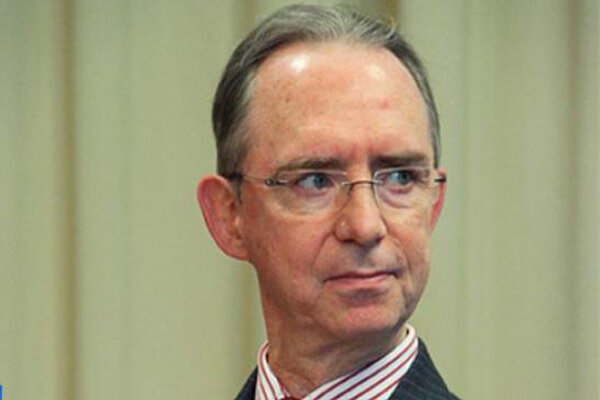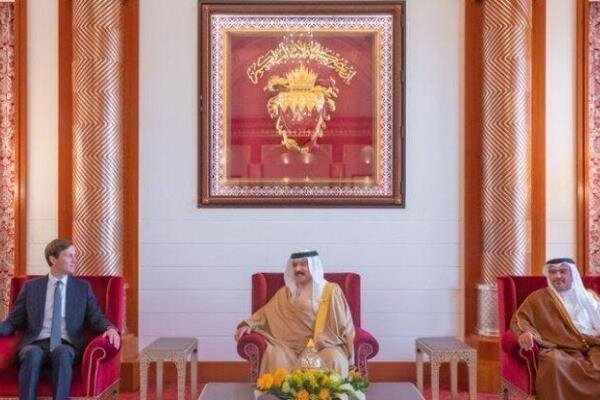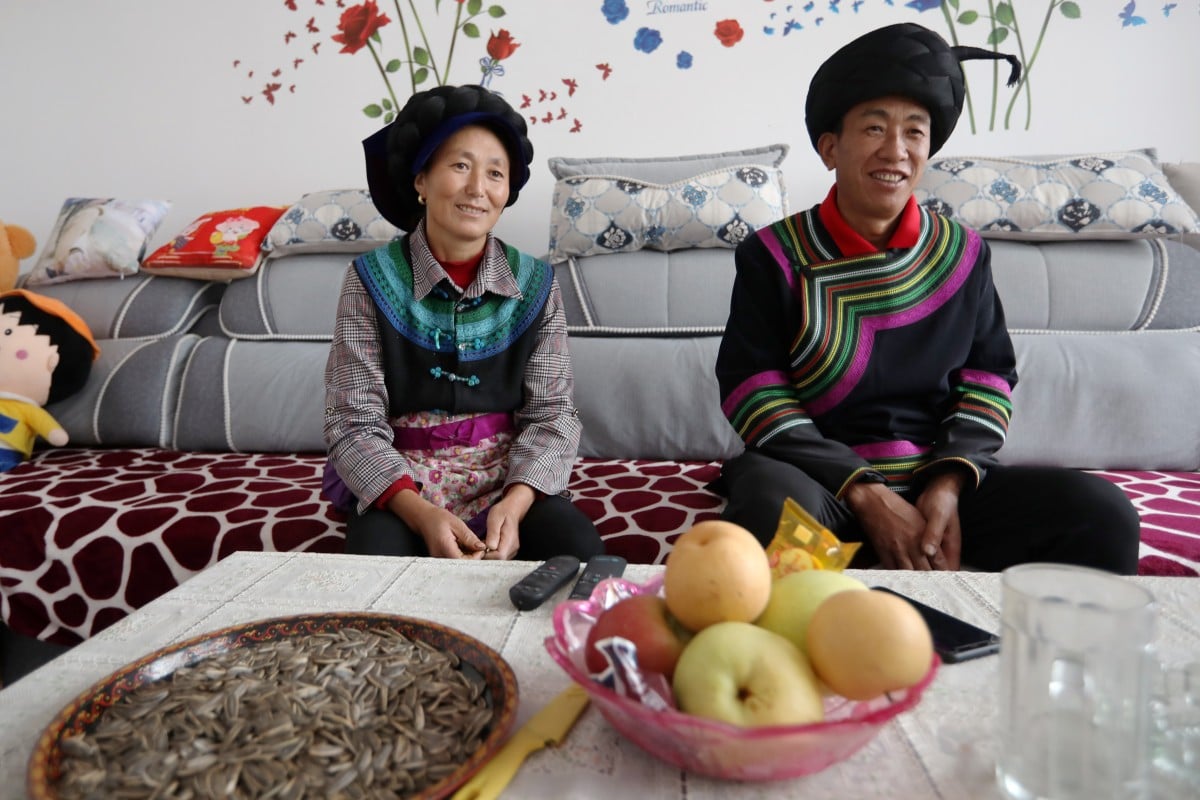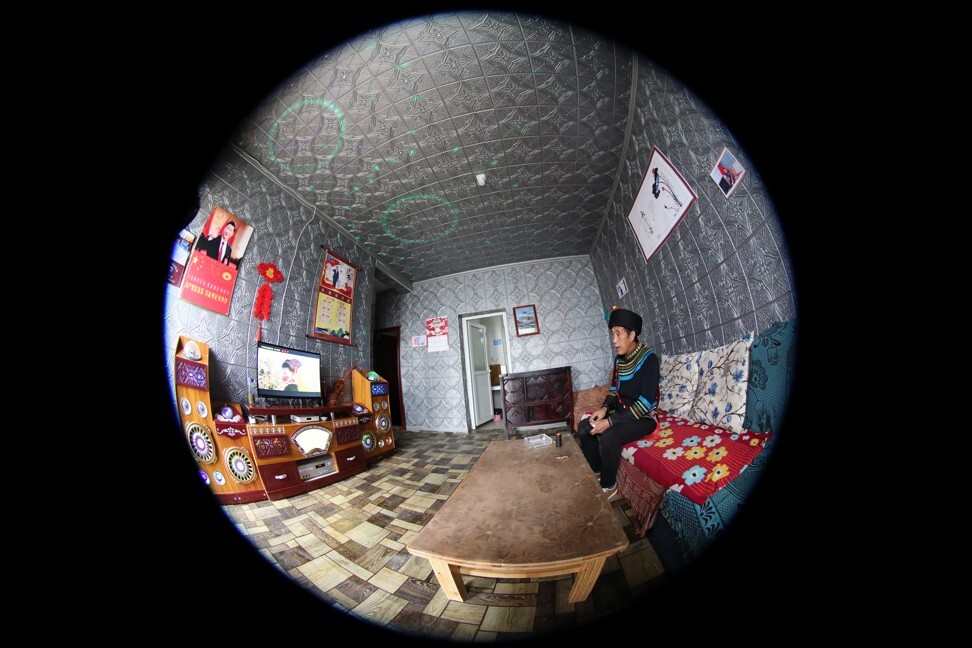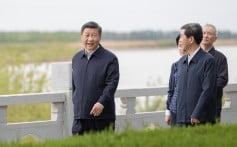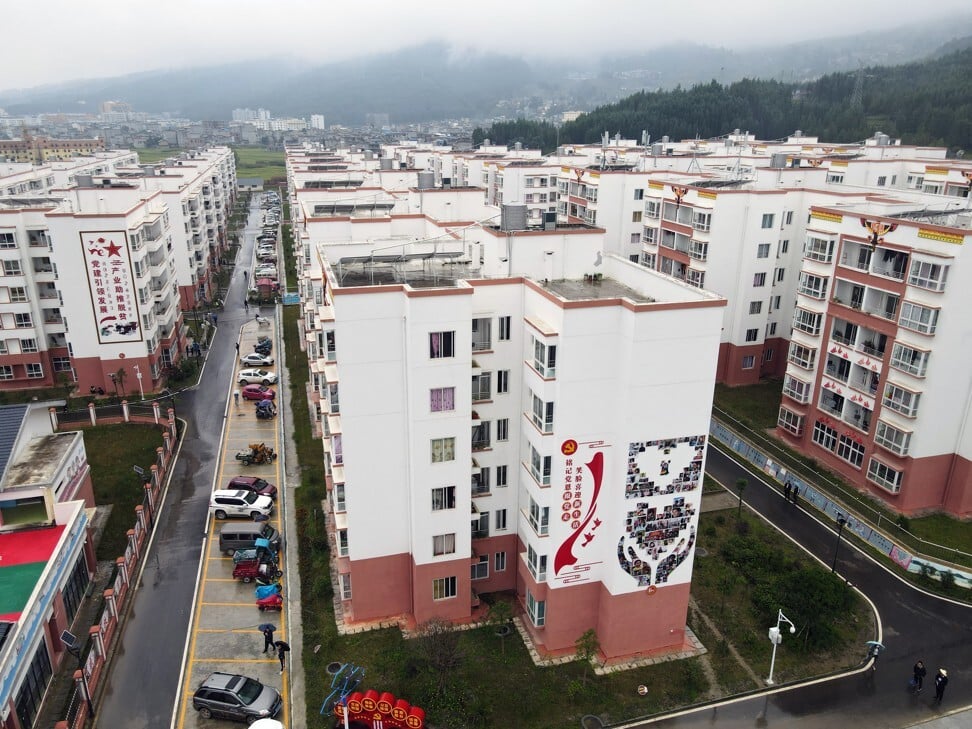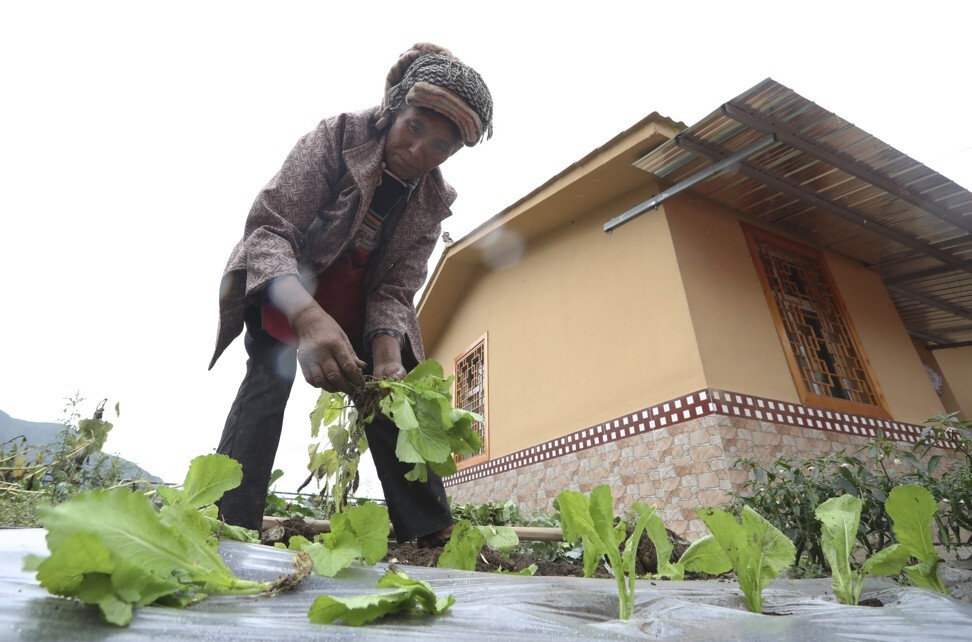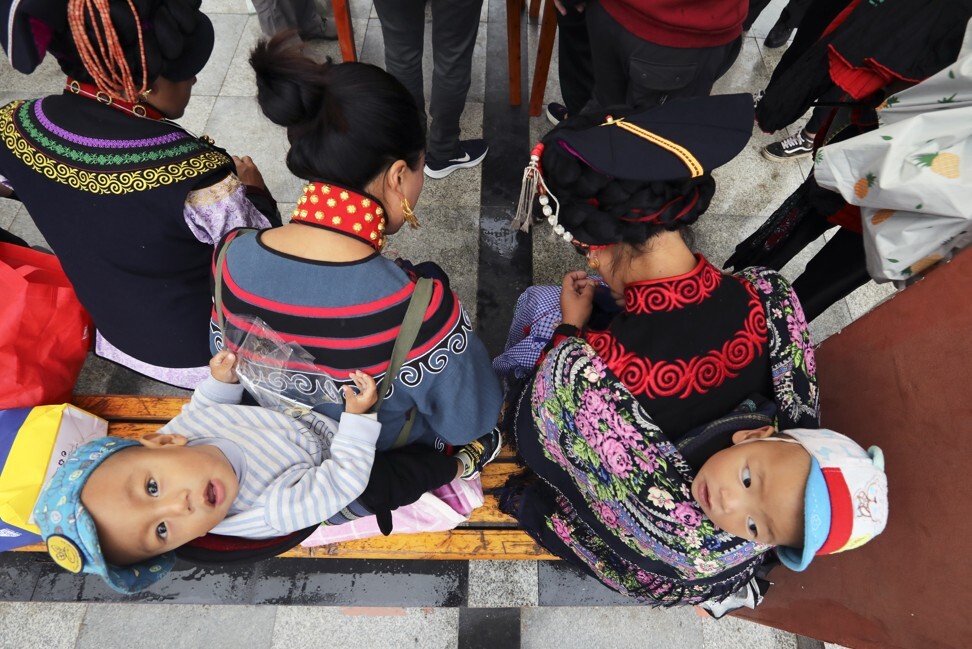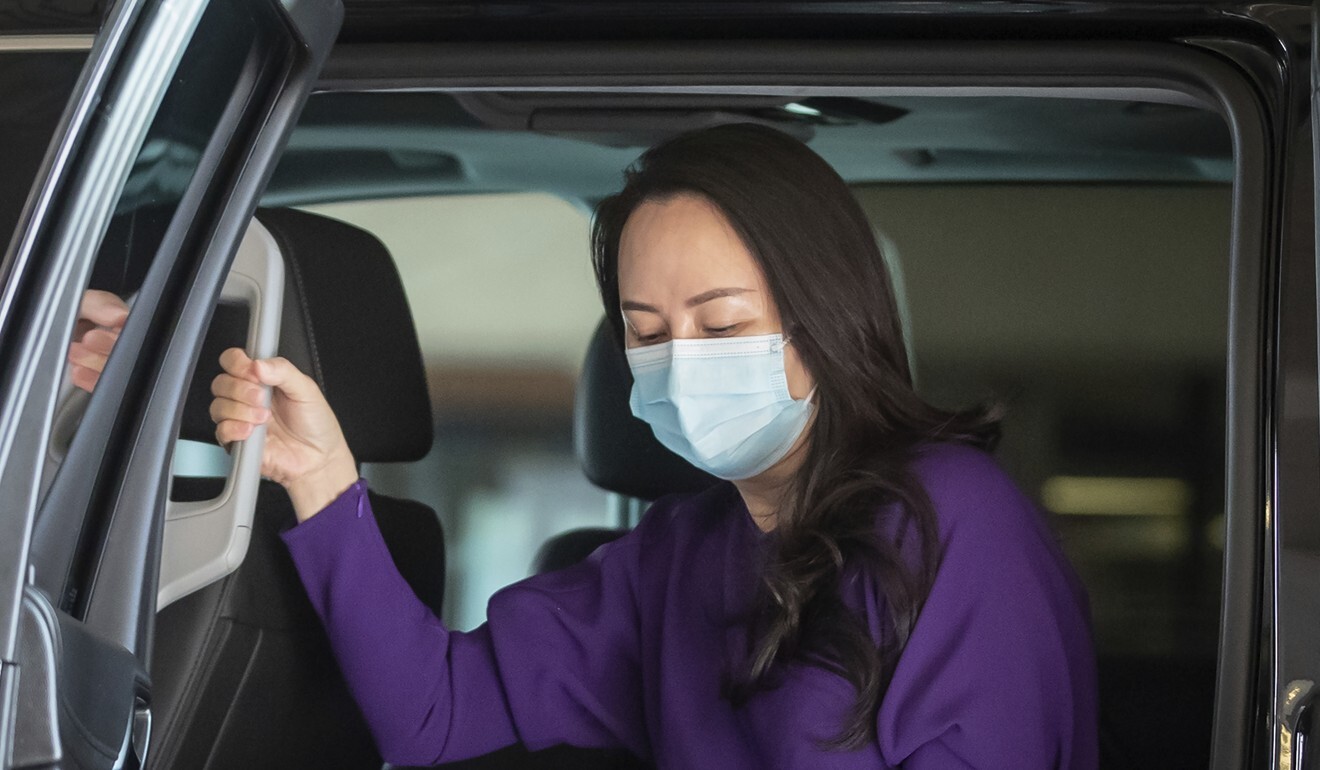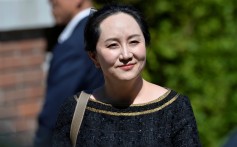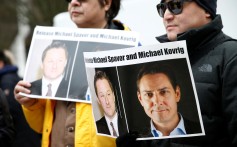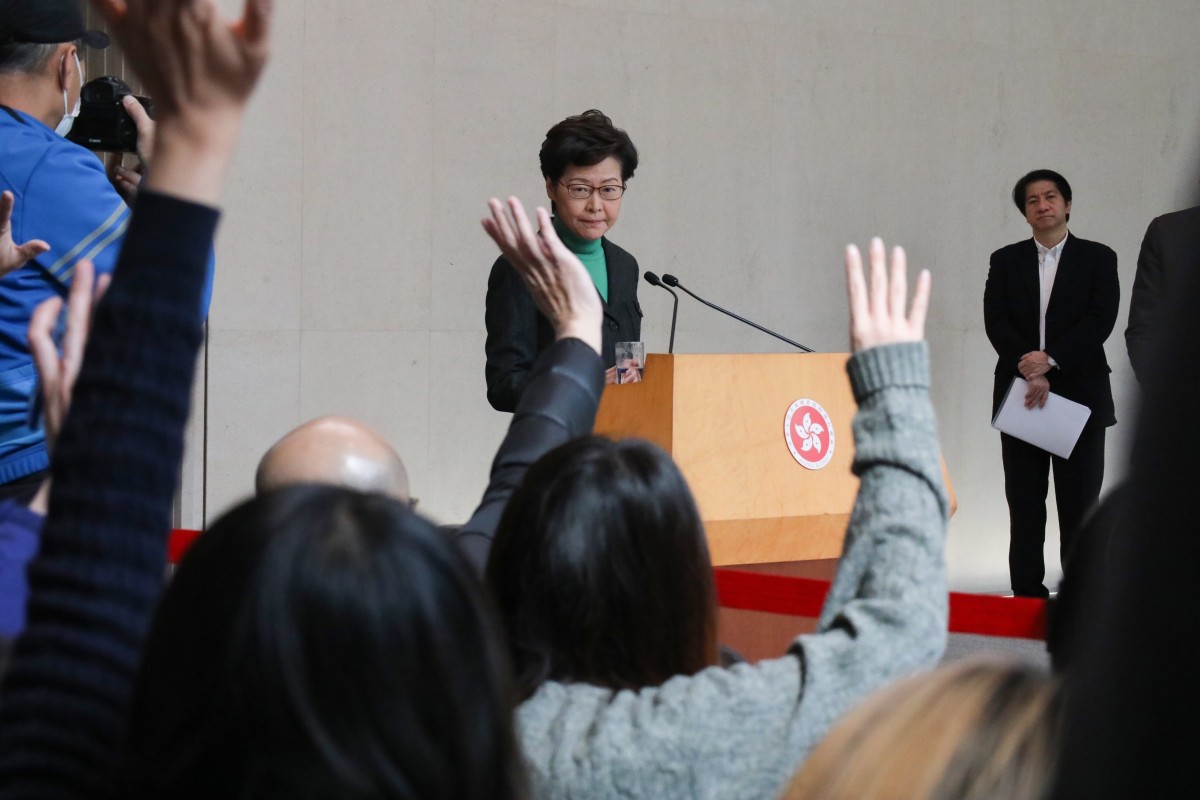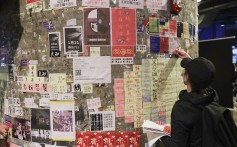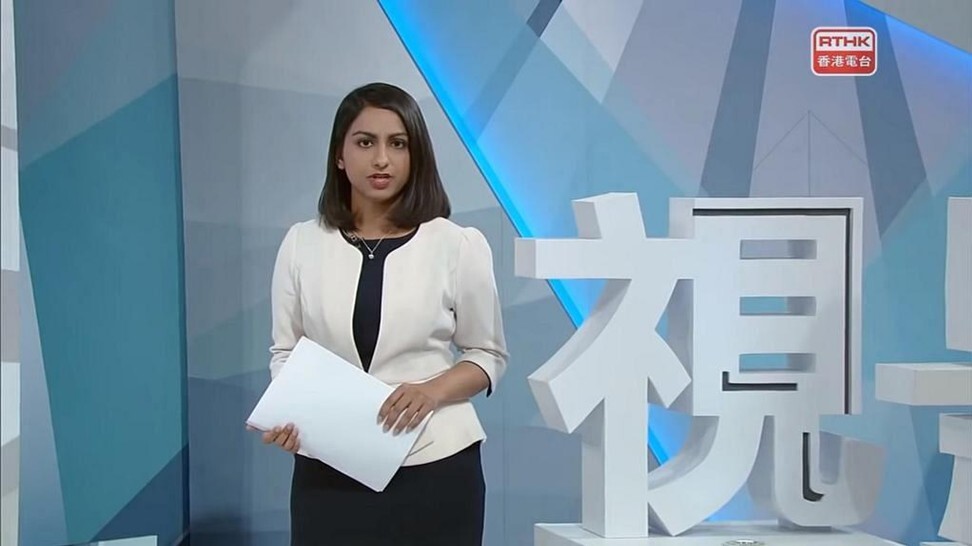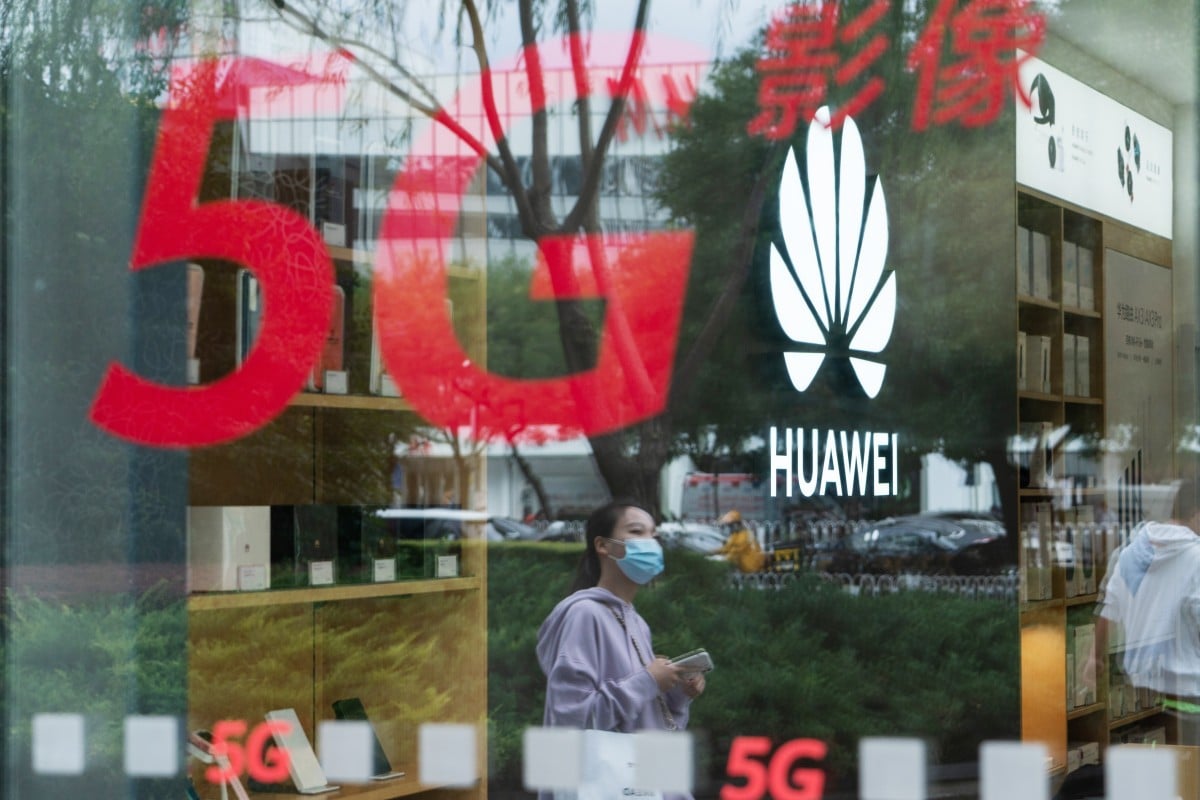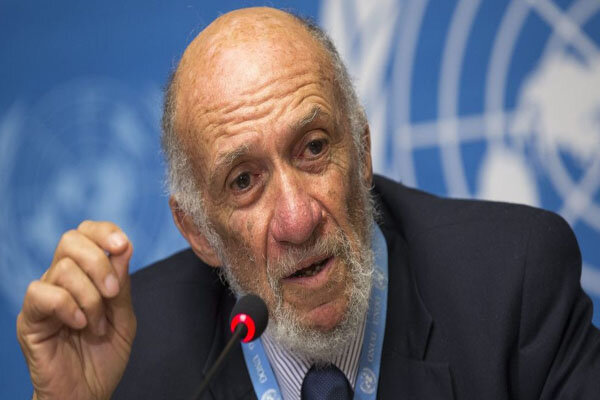
TEHRAN, Oct. 04 (MNA) – Stating that the US elections are not fully democratic, Richard Falk said that it does not matter for American people who wins as either way the problems of their lives will not be solved.
To know more about the US Presidential Election, we reached out to Richard Anderson Falk, professor emeritus of international law at Princeton University.
Here is the full text of the interview:
Why is turnout so low in US elections?
Electoral turnout has been low in recent years because the perceptions of living in a ‘choiceless’ democracy give many US citizens the impression that it does not matter who wins as either way the problems of their lives will not be solved. Perhaps, more than choiceless, a better existential explanation of this devaluing of the right to vote is the sense of what I would call irrelevant democracy. This means that political outcomes of elections are felt to be irrelevant to conditions of poverty or discrimination, or economic unfairness, an interpretation that gains credibility that it is ‘the losers’ in American society that make up the bulk of those who fail to vote. It reflects deep alienation in middle class and underclass America, which has been somewhat lessened at this time due to a fear that Trump’s reelection could produce a fascist America. This fear will undoubtedly increase voter turnout in November, but not necessarily in a post-Trump future.
Although it is the disadvantaged who disproportionately refrain from voting (and partly also for reasons connected with voter suppression discussed previously), there are sophisticated citizens who refuse to vote on principle or vote under the banner of ‘the lesser of evils.’ Progressive anti-Trumpists are faced with this dilemma in the forthcoming elections.
Can the US election be considered a fully democratic election?
No, the American elections as currently administered on national level are not fully democratic for three principal reasons: (1) most obviously, due to various forms of voter suppression and distortion encroaching especially on the rights of persons of color and the impoverished to cast their votes either as a result of difficult registration rules or by making polling sites feel hostile or requiring especially long waits in neighborhoods where minorities and the poor live; (2) by presidential opposition to voting by mail and by alleging fraud and rigging without any evidence imperiling his willing to transfer political power if he loses, undermining confidence in the integrity of elections and causing the public great anxiety; (3) by not acknowledging and challenging ‘systemic racism’ inherent in American society that produces discrimination against African-Americans, Muslims, and other victimized minorities.
What is the difference between Trump and Biden? Could we describe Biden as a pacifist candidate?
Biden’s record, especially on international issues and the Middle East, is of a consistently war-mongering character that includes strong support for the disastrous 2003 war and subsequent occupation of Iraq and mindless indifference to Israel’s criminal disregard of Palestinian rights. Besides, as suggested, Biden seems as readier for a new cold war than Trump. His version of the foreign policy bipartisan consensus is more coherent and deferential to the considered views of the political elite and militarized American bureaucracy while Trump is an impulsive leader that thinks he can by himself engineer a revival of American preeminence by bullying, bluster, and bluff.
My own reluctant support of Biden is rooted in my greater apprehensions about Trump, which also explains why I equally reluctantly supported Hillary Clinton in 2016 when she opposed Trump. I regard his demagogic style, racist affinities, ultra-nationalism, ecological denialism as a vehicle for a fascist future for the United States, which would mean the total abandonment of democratic procedures of governance, accompanied by repressive policies and practices. Such an abandonment would almost certainly produce harsh exclusionary hostility to immigration except from majority white countries, punishment of dissent and protest activity, and an economic and political order even more slanted in favor of the most wealthy. My reluctance about the electoral choice posed by Biden or Trump is also colored by uncertainty in the form of an obscure future. I fear a belligerent future in which Biden’s approach leads to interventions and even war, whereas I grant the possibility that a reelected Trump could opt for isolationism, which resulted in more moderation in the Middle East and elsewhere.
Interview by Amir Muhammad Esmaeili
